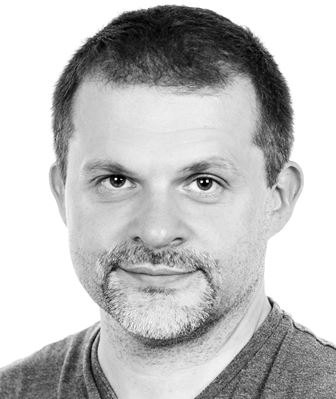A multi-dimensional approach to mind-wandering and its relevance for understanding creativity
Talk by Peter Fazekas, AIAS, University of Antwerpen
Info about event
Time
Location
Zoom meeting ID 563 610 6271

Abstract:
Scientific enquiries into how the mind works have traditionally focused on the processes that occur when the mind reacts to an incoming stimulus or is engaged in a given task. Incoming stimuli and tasks, however, are responsible for only about 50% of our waking mental activities. The other 50% — episodes of mind-wandering — are spontaneously generated experiences that are unrelated to ongoing tasks and independent of actual stimuli. Despite its prevalence, however, scientific theories are still debating over how to get a definitional grip on the phenomenon. In the first part of this talk, I will motivate and introduce a new approach to mind-wandering and will argue that it is able to reconcile existing theories that have very different commitments with regard to the nature of mind-wandering. In the second part of talk, I will show how this new approach might be informative with regard to creativity as well. Mind-wandering is well known for its negative effects on cognition (distracting attention, jeopardising task performance). Recently, it has also been associated with positive effects as well, for instance, on creativity. However, there is still no consensus regarding which aspects of mind-wandering play a role in exerting these positive effects. The second part of the talk will shed new light on this issue and will enrich the framework that has previously been used to think about the relationship between mind-wandering and creativity.
About the speaker:
Peter Fazekas, Postdoc, AIAS-COFUND Fellow
AIAS, University of Antwerpen
During his AIAS-COFUND Fellowship Peter Fazekas will be working on the project 'Self-generated mental life: Developing an overarching philosophical account and a novel neuro-cognitive research paradigm'
